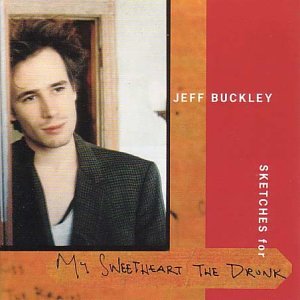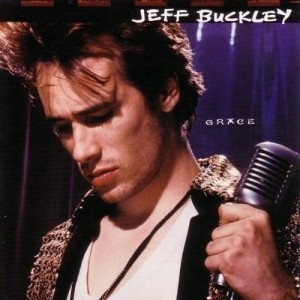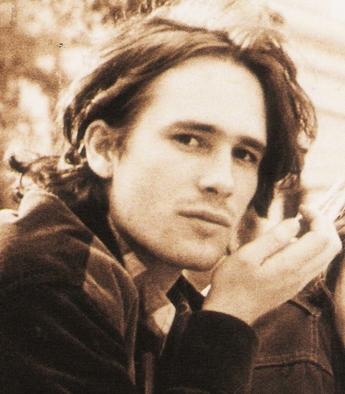
(Sketches For) My Sweetheart The Drunk Was To Be Released Posthumously By Jeff Buckley's Mother In 1998, One Year After The Drowning Accident That Ended His Life.
Jeff Buckley’s drowning in 1997 in Memphis was a harrowing tragedy. We lost a great human being and we were deprived of a gifted performer whose career was just starting in earnest. At the time of his passing, Jeff was about to begin working with his band on a set of songs he had actually recorded once in Manhattan (with Television’s Tom Verlaine) and scrapped. He referred to those songs as “My Sweetheart The Drunk”, and he defined the album as “a guidebook for losers in love”.
Upon his passing, Jeff’s mother supervised a two-disc release made up of the songs Jeff had scrapped on the first disc, and the songs he had left behind as 4-track demos on the second CD. This double album became known as “(Sketches For) My Sweetheart The Drunk”, and it was a moving reminder of Buckley’s talent and determination to create a legacy as enduring as that of his brilliant (yet troubled) father Tim.
The songs he had recorded with Verlaine and scrapped only make it patent how much he strove for perfection – there was nothing wrong with them. Jeff was aiming to create a work which showcased him and his band as the close-knit performing unit they had become. And that was more than fulfilled by each of the ten songs that were featured.
“The Sky Is A Landfill” (a song in which he comes to terms with his father’s addictions) opens the album in an assertive way, and Jeff closes it almost single-handedly 50 minutes later with “You And I”, the nearest he has ever come to an acapella number. Generally, the songs stand as a more muscular version of the goth/folk sound that had been so captivating the first time around.
“Nightmares By The Sea” is a definitive highlight, and it was covered respectfully (but not brilliantly) by Katatonia later on. With its tale of lovers returning from the hereinafter to doom the existences of those still alive, the song is a clear tribute to Edgar A. Poe, an artist Jeff was very keen on. (He actually contributed a reading of “Ulalume” to an album produced and issued by Hal Willner in 1997, “Closed On Account of Rabies”.) Continue reading


